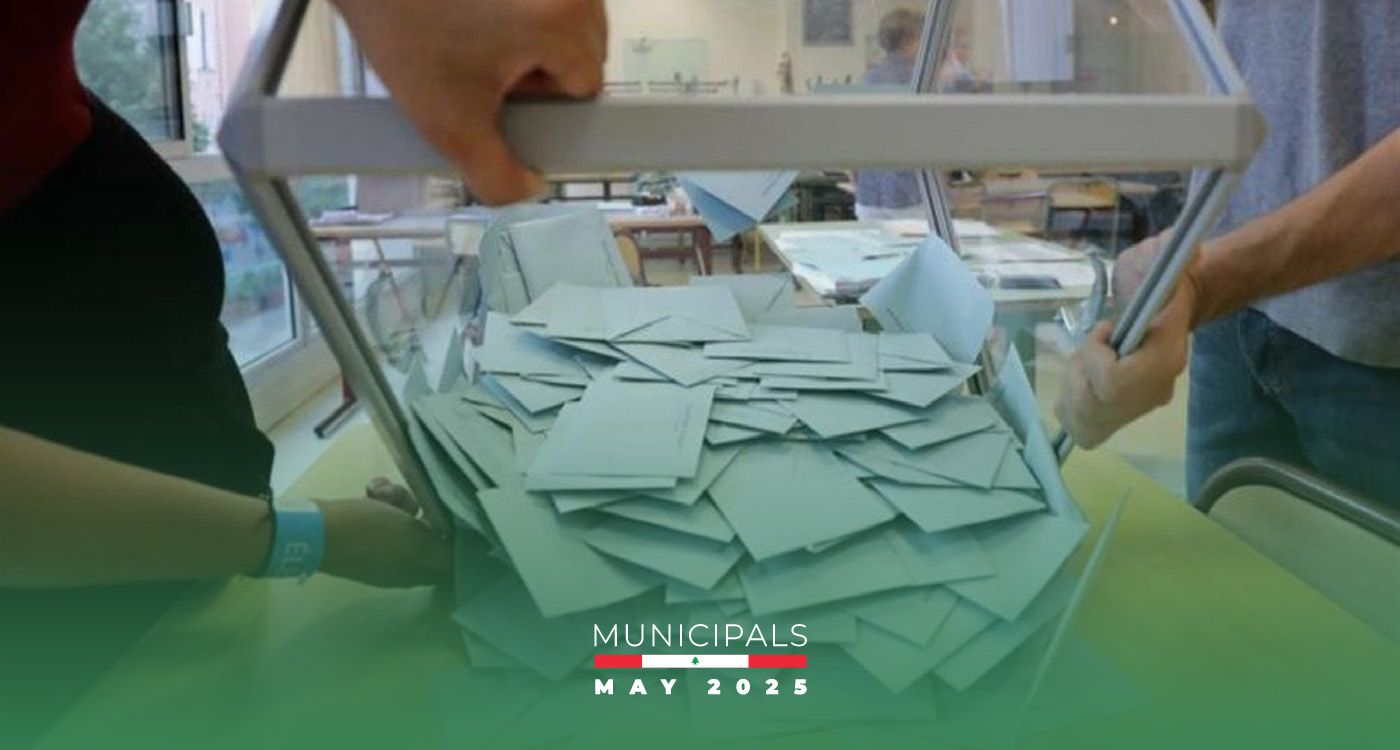
The municipal vote held on Sunday, May 18—much like those earlier this month—was largely local in scope. In small villages, elections often took on a personal, familial or even clan-based dynamic. However, in larger cities such as Zahle, Baalbeck and Hermel, the contests were more clearly partisan, though not necessarily aligned with broader national politics. In Beirut, beyond the core focus on day-to-day governance, the elections also sought to preserve Muslim-Christian parity and to establish a municipal council that is genuinely representative, legitimate, effective and forward-thinking.
Beyond the results in specific areas, the more significant takeaways lie in the broader lessons these elections offer. One key reality must not be overlooked: the Middle East appears to be entering a phase of sustained stability and hoped-for prosperity, and potentially, a lasting peace. This shift is being powered by strong momentum in large-scale foreign trade and investment, as highlighted by President Donald Trump’s recent high-profile tour of the Gulf region.
In the midst of this regional transformation, Lebanon cannot afford to lag behind. The recent municipal elections must therefore be viewed through this wider lens, especially with parliamentary elections scheduled for next year. This is not a call for naïve optimism, but a pragmatic and urgent modernization of Lebanon’s electoral system, at both the municipal and national levels. Reform must be guided by flexibility and realism, rather than rigid ideology. A more inclusive and representative system could go a long way toward easing sectarian tensions and frustrations that too often result in serious security incidents.
At the municipal level, the recent elections have highlighted the urgent need to reform Lebanon’s electoral laws. The May 11 vote in Tripoli, which led to the formation of an entirely homogenous municipal council with no Christian representation, exposed deep-rooted sectarian voting patterns. Far from being an isolated case, this outcome points to systemic flaws that call for immediate legislative review to ensure more inclusive and representative local governance.
In Beirut, the challenge of maintaining socio-communal balance becomes sharper with every round of municipal elections. Back in June 1998, Rafic Hariri, determined to uphold parity on the capital’s municipal council, turned to former minister Fouad Boutros asking him to leverage his influence and reputation to engage with Christian parties and key figures—especially in East Beirut—to help identify Christian candidates who genuinely represented their communities and could therefore be included on a unified, cross-sectarian list.
Thanks to Hariri’s leadership and Boutros’ credibility, the effort succeeded, and the municipal election that year preserved the principle of parity. In the aftermath, Fouad Boutros urged the state to find a permanent solution to the issue of Christian representation in Beirut’s local governance. A call that ultimately went unheeded.
It took two prominent national figures like Hariri and Boutros to secure communal balance in 1998. Since then, no meaningful steps have been taken to address the structural issues flagged at the time. Today, as the region cautiously edges toward greater stability and economic prospect, Lebanon must not miss the opportunity to improve its internal political climate. This means addressing, once and for all, the issue of fair representation for all social and communal groups, both at the municipal and legislative levels.
One possible reform would be to divide Beirut into two or three relatively cohesive districts, each with its own municipal council. Another necessary reform is a more balanced and functional electoral law, one that prevents minority groups in a given constituency from dominating the outcome. Zahle provides a clear example: in legislative elections there, Shiite voters often cast their ballots as a unified bloc, following centralized instructions, which can give them disproportionate influence despite their minority status in the district.
Yet, even more urgent than the long-standing issue of electoral boundaries is the need for a fundamental reform of democratic practices and political culture. Lebanon’s major parties, in particular, must take the lead in promoting transparency and civic responsibility. It is high time to move beyond the militia-style and mafia-like behaviors that marred the recent elections in Tripoli, Hermel and Baalbeck. In these areas, large numbers of delegate accreditations intended for candidates opposing Hezbollah mysteriously vanished—nearly 500 in Hermel alone, and dozens more in Baalbeck—raising serious concerns about electoral integrity and revealing a clear fear of competition from rival lists.
Such practices, relics of a darker political era, are incompatible with any effort to lay the groundwork for credible parliamentary elections in 2026. Lebanon cannot hope to achieve national recovery, lasting internal stability or real peace while such practices persist. Reform is not simply a political imperative, it is a national necessity.




Comments